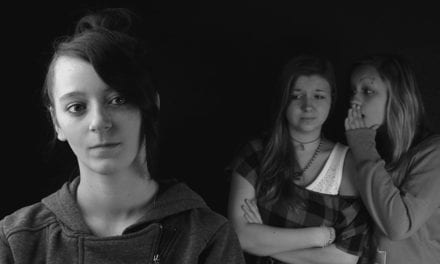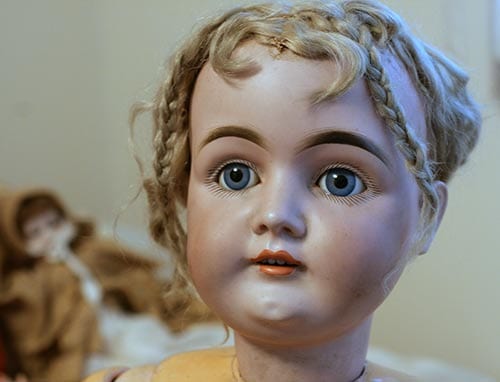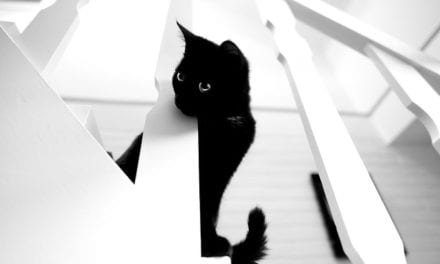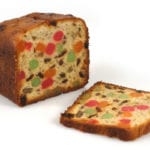Porcelain Never Leaves
If we referred to any of our mother’s treasures as “junk,” it was a slap on the mouth.
“I’m a collector,” she’d say.
Me and my younger sister Beth, we didn’t understand the difference. We’d clear off a space on the sofa, tossing aside old magazines, half-finished knitting projects, and plastic toys. We huddled there together, watching TV, trying to ignore our mother as she opened yet another box.
eBay knick-knacks. Etsy bric-a-brac. Garage sale treasures and pawn shop prizes. She filled every shelf in our house; stocked every cabinet with figurines and dolls. Candlesticks. Salt and pepper shakers. Shot glasses and coffee mugs. Every inch of the walls covered with strange pictures and display cases. Stacks and towers of books she had never read, and never would read.
I used to wonder, while she hunted, bought, arranged, and dusted, if she stopped to consider, “If only I loved my children this well.” Now I know better.
I never knew if our father left because of our mother’s hoarding, or if the hoarding was a coping mechanism to deal with his absence. I still don’t know.
A couple of times, we suggested she try dating, but we didn’t push. We knew that any sane man would run off as soon as he caught a glimpse of Mom’s reclining chair in the living room, flanked by an industrial size garbage can and a tray table scattered with snacks and junk.
Then Mom gave Beth the Little Emily doll. That’s when we knew that the two of us would never be enough.
It didn’t make sense. All the packages that arrived on our doorstep, none of them were ever for us. Beth started to remove Little Emily from the box, her eager, six year-old fingers pulling at the zip ties holding Emily in place on the cardboard.
“Here, I can help you,” I said, reaching for it.
“No, not like that.” Mom ripped the package away. Beth’s baby bottom lip quivered.
“She’s not a toy.” Our mom snipped the plastic ties with her sewing scissors, lifted the doll from the cardboard. She smoothed the silky chestnut hair and straightened the flower-pattern prairie dress.
“She’s not to play. She’s just to have. To look at.”
“Mom,” I said. “Beth is only six. Let her play. She won’t hurt anything. I’ll watch her, make sure she plays nice.”
“Emily is not a toy.”
I pointed at the animated characters on the TV, trying to distract my sister. She came back to the cluttered sofa to watch TV with me. Every few minutes, she turned, her big brown eyes longing for Little Emily. Our mother never looked at the two of us. She sat in her reclining chair, holding Little Emily up, stroking her hair, a serene smile on her face.
After she handed the doll over to my sister again, nothing was better. Beth sat on the couch next to me, stiff and scared, holding Emily, but nothing more.
It only took a couple of weeks for my sister to lose interest in the doll. My mother’s constant control over everything having to do with the damn thing snuffed out any joy that could have come from it. No matter what Beth did, our mother voiced disapproval.
“It’s cold outside. It makes no sense to put that sundress on her.”
“If she’s going to wear those shoes, she can’t wear that hat. I don’t know what you were thinking.”
When we went to the buffet place in the mall for lunch with Aunt Carla, Mom asked for a booster seat for Little Emily.
“Beth won’t eat if she can’t have her doll at the table right next to her,” she said to Aunt Carla.
My sister opened her mouth, about to speak the truth, but I feared for her, and I beat her to it.
“You brought the stupid doll, Mom. Beth hates that thing.”
Aunt Carla, she’s always been useless. “Don’t talk to your mother that way,” she said.
It was even worse when our mother dressed Beth and Little Emily up like they were twins. I was eleven, so I guess I was too old to torture.
A few months later, Beth and I awoke one morning to the sound of Mom’s hysterical shrieking. Horror movie screams.
I found her sitting up in her bed, Little Emily’s dismembered parts strewn all over the woven rope rug next to my mother’s bed. Emily’s ceramic head, scattered shards around the scene of the carnage.
Our mother, screaming and sobbing, demanding answers. Vowing harsh punishments and retribution. I claimed responsibility, trying to cover for my younger sister.
The shrieking wouldn’t stop. Our mother’s face twisted and turned red. Both hands on her head, pulling her hair, telling us how worthless we were. I put my arm around my baby sister and looked at the ugly broken face of Little Emily on the floor and the ugly broken face of our screeching mother on the bed.
More dolls came after that. Little Molly. Little Sadie. Even when Beth had grown far too old for dolls, our mother asked the waiter for a booster seat and blamed it on Beth.
If only she’d loved her children this well, but porcelain never says the wrong word. Never does the wrong thing. Porcelain never leaves.






















